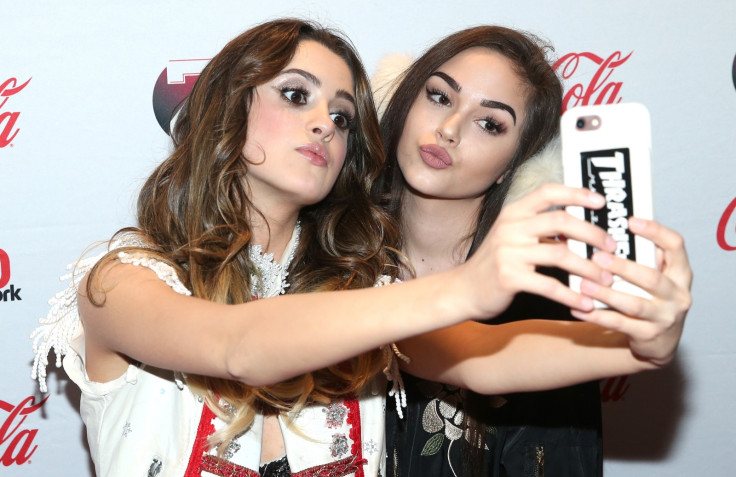Instagram ranked worst social media for mental health
The photo-sharing app is said to affect people's body image, sleep and anxiety.

Instagram has been ranked as the worst social media site for young people's mental wellbeing, according to a new report.
The Status of Mind survey, compiled by the Royal Society of Public Health (RSPH) and the Young Health Movement (YHM), said that the photo-sharing app performed poorly because it had negative consequences on people's body image, sleep and anxiety linked to fear of missing out.
The conclusion was reached after nearly 1,500 youngsters aged 14 to 24 responded to a survey, which asked them to give feedback on a range of wellbeing issues such as depression, self-identity and ability to build real world relationships.
Snapchat followed in second place as most detrimental, according to the survey.
Shirley Cramer CBE, chief executive of RSPH, said in a statement: "It's interesting to see Instagram and Snapchat ranking as the worst for mental health and wellbeing – both platforms are very image-focused and it appears they may be driving feelings of inadequacy and anxiety in young people.
"As the evidence grows that there may be potential harms from heavy use of social media, and as we upgrade the status of mental health within society, it is important that we have checks and balances in place to make social media less of a wild west when it comes to young people's mental health and wellbeing.
"We want to promote and encourage the many positive aspects of networking platforms and avoid a situation that leads to social media psychosis which may blight the lives of our young people."
Facebook was considered the third-most damaging of the five social media sites in the study, with Twitter and YouTube following after that.
Representatives from RSPH and YHM are calling for governments to do more in terms of protecting children's mental health while using social media and even suggested that these websites can be a source of good mental health.
Dr Becky Inkster, an honorary research fellow at the University of Cambridge, said: "For young people, using social media and digital technologies as a tool to help with mental health make sense for many reasons.
"Social media is a part of their daily lives and so care could be delivered in a lifestyle-integrated, self-managed approach.
"This holistic perspective could integrate personal interests and activities. It might help improve psychoeducation, increase self-awareness of mental health and act as a preventative measure.
"Young people sometimes feel more comfortable talking about personal issues online."
© Copyright IBTimes 2025. All rights reserved.






















